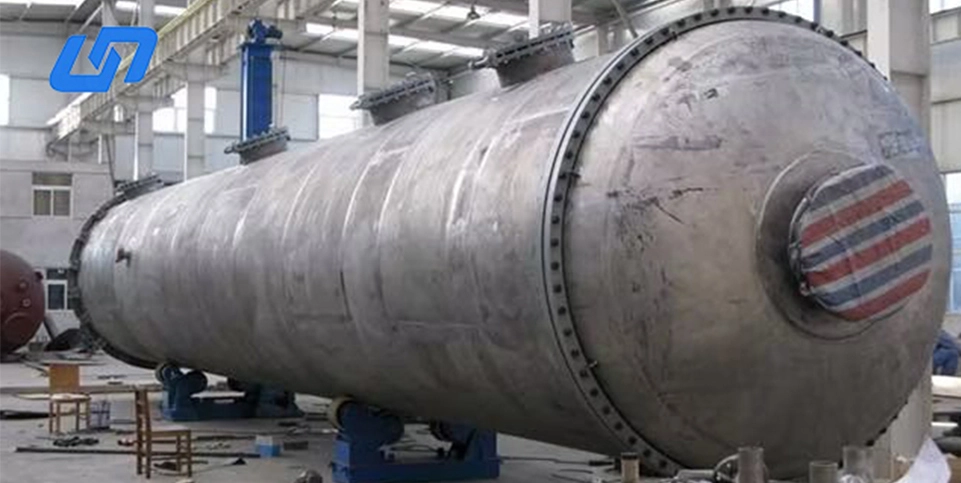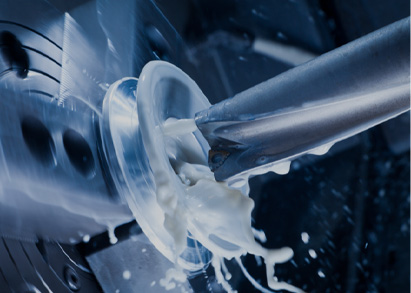Compare custom-sizes titanium plate and titanium sheet with steel and aluminum materials
Titanium, steel, and aluminum are all commonly used materials in various industries, each with their unique properties and applications. When comparing custom-sized titanium plates and sheets with steel and aluminum materials, several factors come into play.
Titanium is renowned for its high strength-to-weight ratio, superior corrosion resistance, and excellent heat resistance. These properties make it an ideal material for aerospace applications, as evidenced by the specifications of the titanium sheets listed. For instance, the Grade 4 CP 1 Aerospace Titanium Sheet and the 6AL - 4V GR 5 Titanium Sheet, both with thicknesses ranging from 0.012" to 0.025", are used in aerospace applications due to their high strength, low weight, and resistance to extreme temperatures.
Steel, on the other hand, is known for its high tensile strength and durability. However, it is heavier than titanium and less resistant to corrosion. Steel is commonly used in construction, automotive, and other heavy-duty applications where strength and durability are paramount.
Aluminum is lighter than both titanium and steel, but it is also less strong. It is highly malleable and resistant to corrosion, making it ideal for applications such as packaging, transportation, and electrical transmission lines.
In terms of cost, titanium tends to be more expensive than both steel and aluminum due to its superior properties and the complexity of its production process. However, the higher upfront cost can be offset by the longer lifespan and lower maintenance costs of titanium products.

 English
English  한국어
한국어  Deutsch
Deutsch  Español
Español  العربية
العربية  русский
русский 















